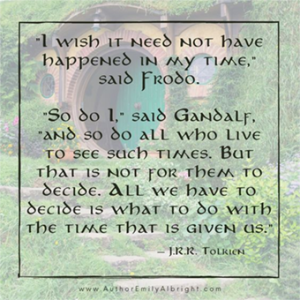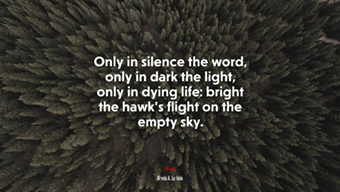There are clearly many strategies to improve life satisfaction. And a certain amount of challenges enter every life to potentially affect life satisfaction.
And yet, satisfaction ≠ happiness.
I think it is largely about personal desires being met or not.
I think it is largely about personal desires being relinquished and let go of.
I think what I was thinking originally here was is it possible for most or all people to be happy in a secular state.
I can imagine it, but that’s down to my idealism and other aspects of my personality. I assume you mean secular as a state of being, and not the secular separation of religion and the state.
It’ll never happen. Human beings love hierarchy, magical thinking, tribalism, logical fallacies that provide comfort, and let’s be honest, reason is neither sexy nor universal in a species with a median IQ of 100. Remember, that means half of humanity is below that level of cognitive ability and function.
But what you cannot take from religious desire is the need to have profound meaning to life (along with a morality). Now religions give a largely fictional meaning and artificial morality.
Always did. That doesn’t mean it wasn’t effective, often by means of fear or outright slaughter.
If this is replaced by Darwinist evolution etc., there is a danger that we see life as pure competition between individuals.
It is that, and always has been—for every creature on Earth. But it isn’t that alone—there’s so much more to the human experience of being alive. There are many truths, some less appealing than others, that are not mutually exclusive.
Of course, each and every chooses what to focus on and believe, according to their socialization and needs.
Outside of laws, morality now is largely a choice.
Always has been, but in the past the punitive response to minor transgressions could cost you your life.
I think the fact that morality is a choice is exactly what gives it meaning, and value.
A Clockwork Orange comes to mind.
I do think inequality is the major issue causing the most misery in societies, but that can be addressed.
And if someone thinks they can find meaning and purpose in being a wage slave, a meaning that nourishes and ennobles, it speaks to a poverty of the soul that is not so easily addressed.
The issue of absolute meaning and worldview is more difficult.
Yes, but if that is the cost of liberty, I think it is one well worth paying.
The way things have gone seem much more subjective these days, but that’s dangerous as it means greater divisions among people and less sense of community.
It’s always been that way, but in the past the reins were tighter, people were captive and spoon-fed, and most had no avenue to be heard regarding dissenting opinion.
Now everyone has an anonymizing megaphone, so a certain rancor and cacophony is the order of the day.
Don’t worry, humans will find their way after everything else has failed, and they are forced to by the hand of chance. Yes, it will necessarily be an ugly affair, and there will be much lamentation, but finding the way is what we do. Many will be crushed underfoot, but those who survive will write the history, create the myths, implement the laws, and if need be, invent a new god or gods and morality that best serves the desires and limitless avarice of the few who seek to exploit and control the many.
Cheers,
Ian







